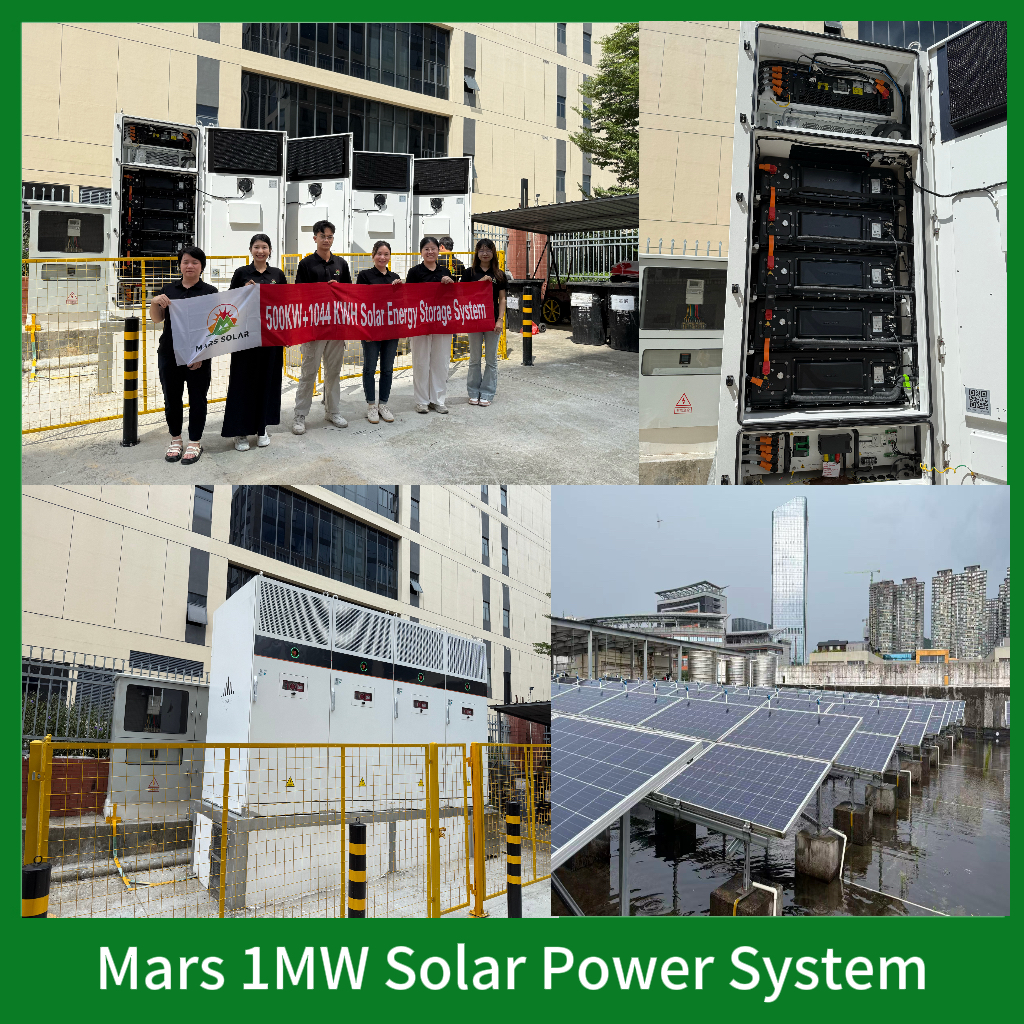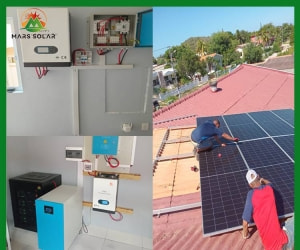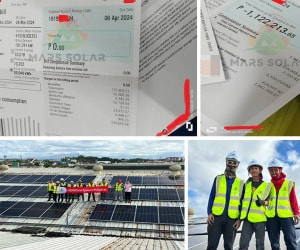South Korea has announced a long-term energy plan, shifting from fossil fuels and nuclear energy to more home solar power system kit renewable energy.
The plan envisages that by 2034, the proportion of renewable energy in Korea ’s energy mix will increase from the current 15.1% to 40%. At the same time, the proportion of LNG power generation will fall from 32.3% to 31%.
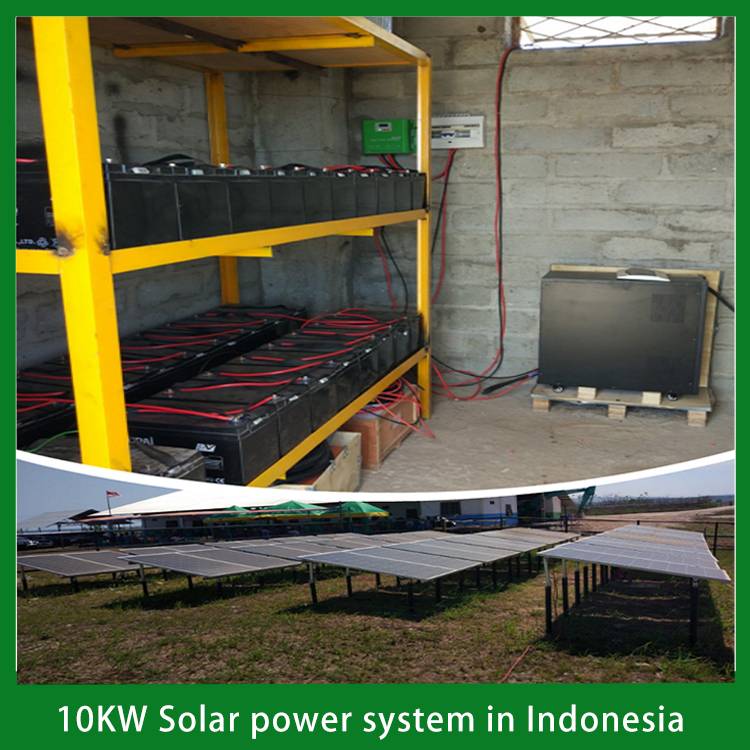
At the same time, by 2034, all 30-year-old coal-fired power plants will be decommissioned, there are about 30 factories, a total of 60 are currently in operation. An earlier report by South Korean media stated that about 24 coal-fired power plants will be switched to natural gas for power generation.
By 2034, the proportion of nuclear energy will also drop significantly. Currently, LNG is the largest part of South Korea ’s energy structure, followed by coal, which accounts for 27.1% of the total. Nuclear energy accounts for 19.2% of energy production. By 2030, the share of nuclear power in the energy mix will drop to 11.7%, and by 2034 it will further drop to 9.9%. By 2030, the proportion of renewable energy should rise to 33.1% and reach the target of 40% four years later.
Although the government has ambitious renewable energy targets, the support for renewable energy seems to be disproportionate. A recent report by a non-profit organization shows that South Korea ’s subsidies for biomass energy projects are so large that they have begun to affect solar and wind energy projects.
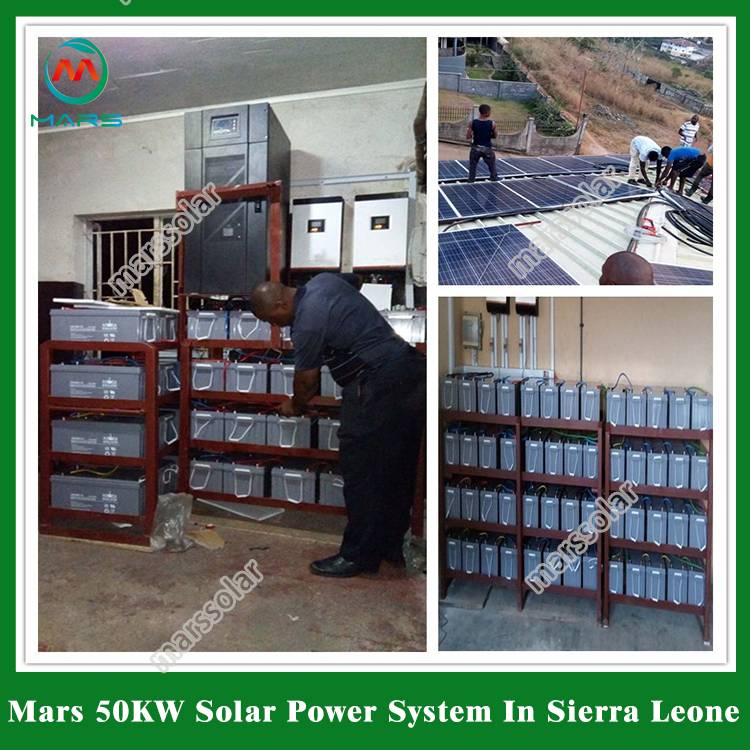
The report written by Seoul's Solutions for our Climate stated that the high subsidies for biomass energy have led to a significant drop in the price of renewable energy certificates, which has caused utilities to invest in new solar or wind energy. You have to think twice about generating capacity.
Renewable energy certificates are issued by the government to public utilities including renewable energy. Utilities that develop biomass power generation projects have received more direct investment than companies that focus on solar and wind energy.
This shows that this shift will not be smooth, but it is undoubtedly a huge shift for one of the largest energy importers in Asia and the world.
-
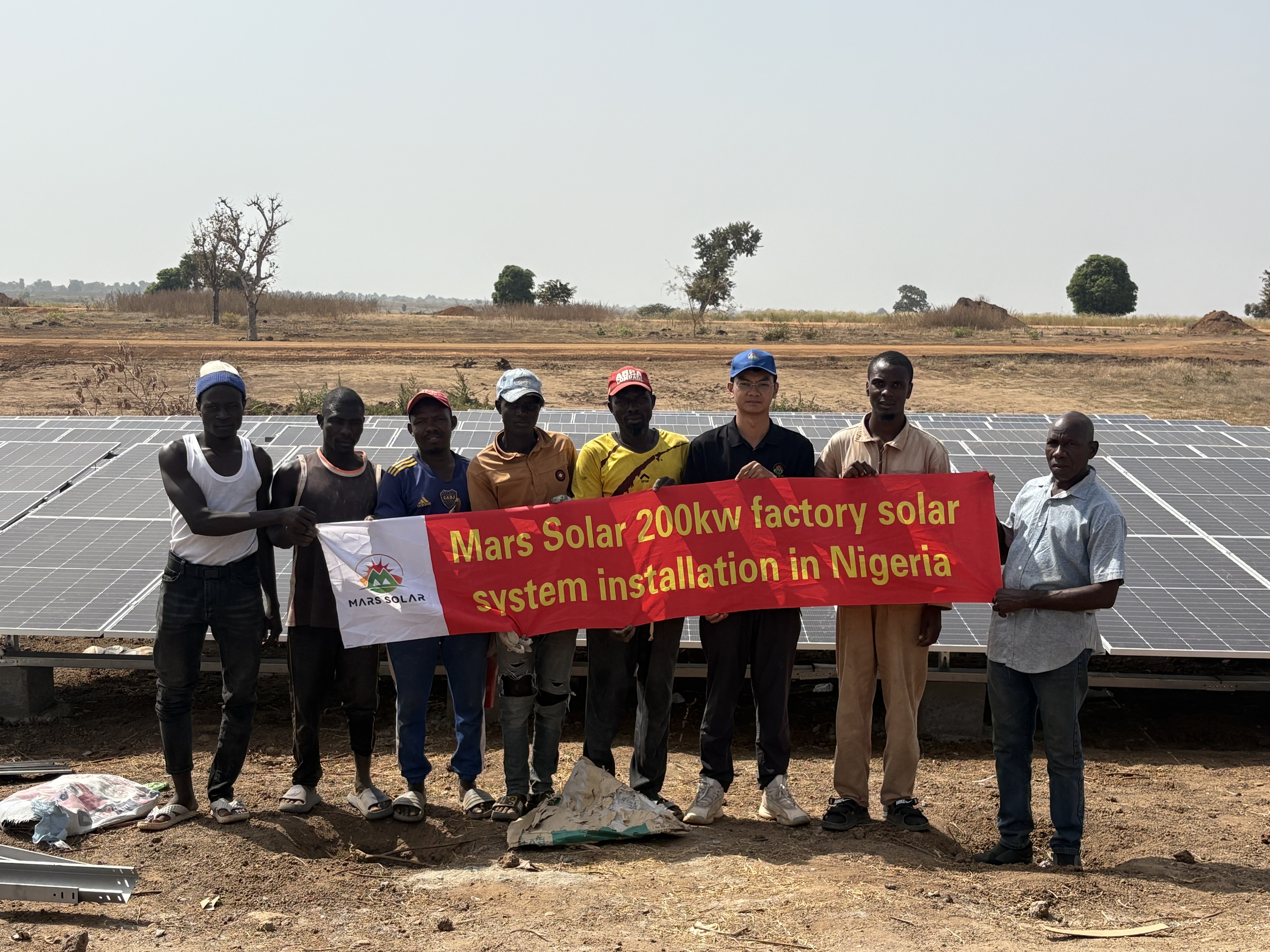 Case Study: 200kW Solar Power System Project for a Rice Mill in a Remote Area ofProject Overview This is a rice mill located in a remote area of Abuja, Nigeria. The local municipal power supply is unstable, and electricity tariffs have increased multiple times this year. Due to the unreliable grid power, the customer can only oper
Case Study: 200kW Solar Power System Project for a Rice Mill in a Remote Area ofProject Overview This is a rice mill located in a remote area of Abuja, Nigeria. The local municipal power supply is unstable, and electricity tariffs have increased multiple times this year. Due to the unreliable grid power, the customer can only operDo you like ?0
Read more -
 Solar PV System Expansion: Compatibility, Efficiency & Implementation Guide1. Background and Necessity Early-installed PV systems generally fail to meet the growing energy demands of modern households and enterprises. Compared with replacing the entire system, expansion is a more economical option—but the core question
Solar PV System Expansion: Compatibility, Efficiency & Implementation Guide1. Background and Necessity Early-installed PV systems generally fail to meet the growing energy demands of modern households and enterprises. Compared with replacing the entire system, expansion is a more economical option—but the core questionDo you like ?0
Read more -
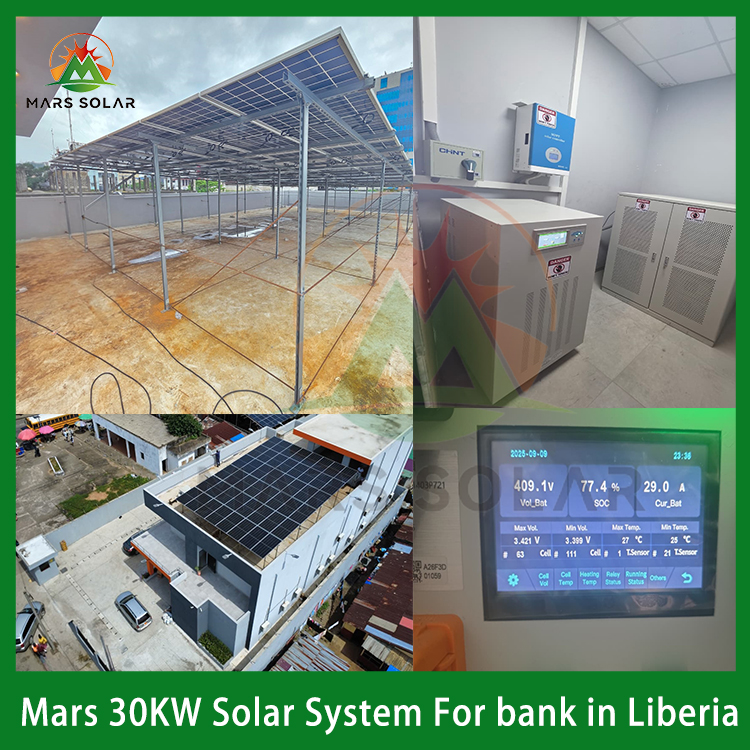 Customized Off-Grid Solar System for a Liberian Bank: Achieving Power IndependenWhen Banks Face the Challenge of "Grid Power Outages and Voltage Fluctuations": A Real-World Solution from Liberia In scenarios where the power grid is unstable and manual intervention is difficult, how to ensure the 24/7 stable operation
Customized Off-Grid Solar System for a Liberian Bank: Achieving Power IndependenWhen Banks Face the Challenge of "Grid Power Outages and Voltage Fluctuations": A Real-World Solution from Liberia In scenarios where the power grid is unstable and manual intervention is difficult, how to ensure the 24/7 stable operationDo you like ?0
Read more -
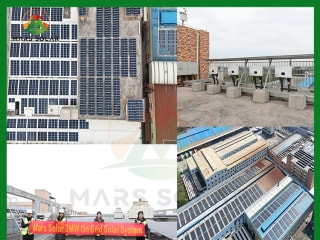 2MW Solar Panel System For Factory2MW mars solar grid-tied solar panel system for factory have designed, produced, and installed in a factory.How does Mars Solar build such a solar panel system for factory? 1. Data collection Before designing the plan, the factory owner vi
2MW Solar Panel System For Factory2MW mars solar grid-tied solar panel system for factory have designed, produced, and installed in a factory.How does Mars Solar build such a solar panel system for factory? 1. Data collection Before designing the plan, the factory owner viDo you like ?0
Read more -
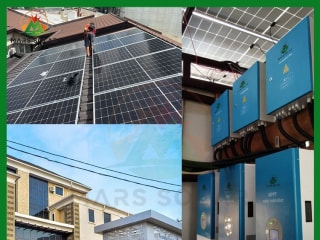 100KW Solar For Hotels And Resorts In NigeriaIn December 2024, the Mars Solar 100KW Nigeria solar for hotels and resorts project was successfully completed. In May 2024, the customer contacted Mars solar and had a series of communications on the solar for hotels and resorts project. The d
100KW Solar For Hotels And Resorts In NigeriaIn December 2024, the Mars Solar 100KW Nigeria solar for hotels and resorts project was successfully completed. In May 2024, the customer contacted Mars solar and had a series of communications on the solar for hotels and resorts project. The dDo you like ?0
Read more -
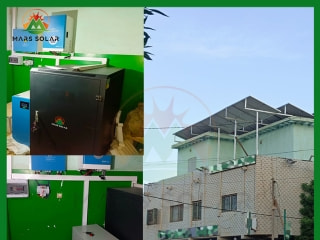 Reliable Energy Solutions for a Mali Pharmacy: 15KW Solar System Success StoryIn the heart of Mali, reliable electricity is a significant challenge, with power coming on for just 2 hours and then cutting off for 4 hours multiple times a day. This erratic power supply is particularly problematic for businesses that depend on consist
Reliable Energy Solutions for a Mali Pharmacy: 15KW Solar System Success StoryIn the heart of Mali, reliable electricity is a significant challenge, with power coming on for just 2 hours and then cutting off for 4 hours multiple times a day. This erratic power supply is particularly problematic for businesses that depend on consistDo you like ?0
Read more

